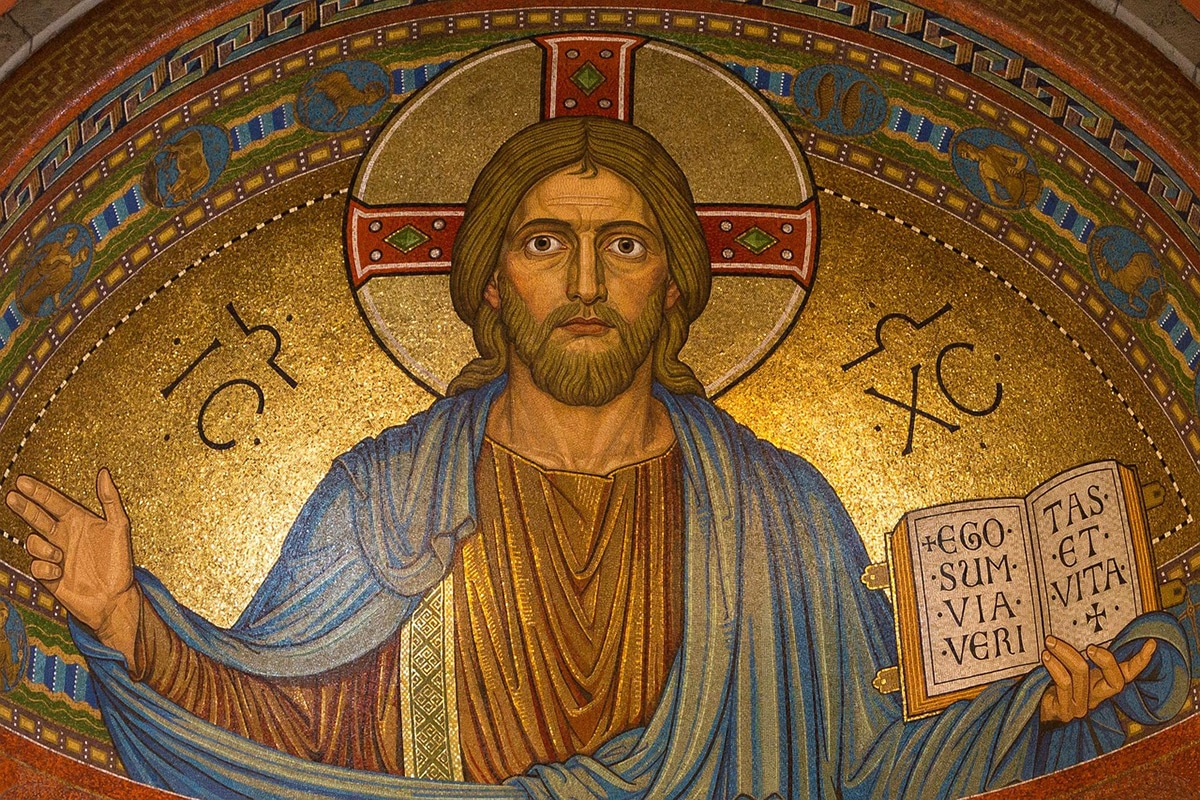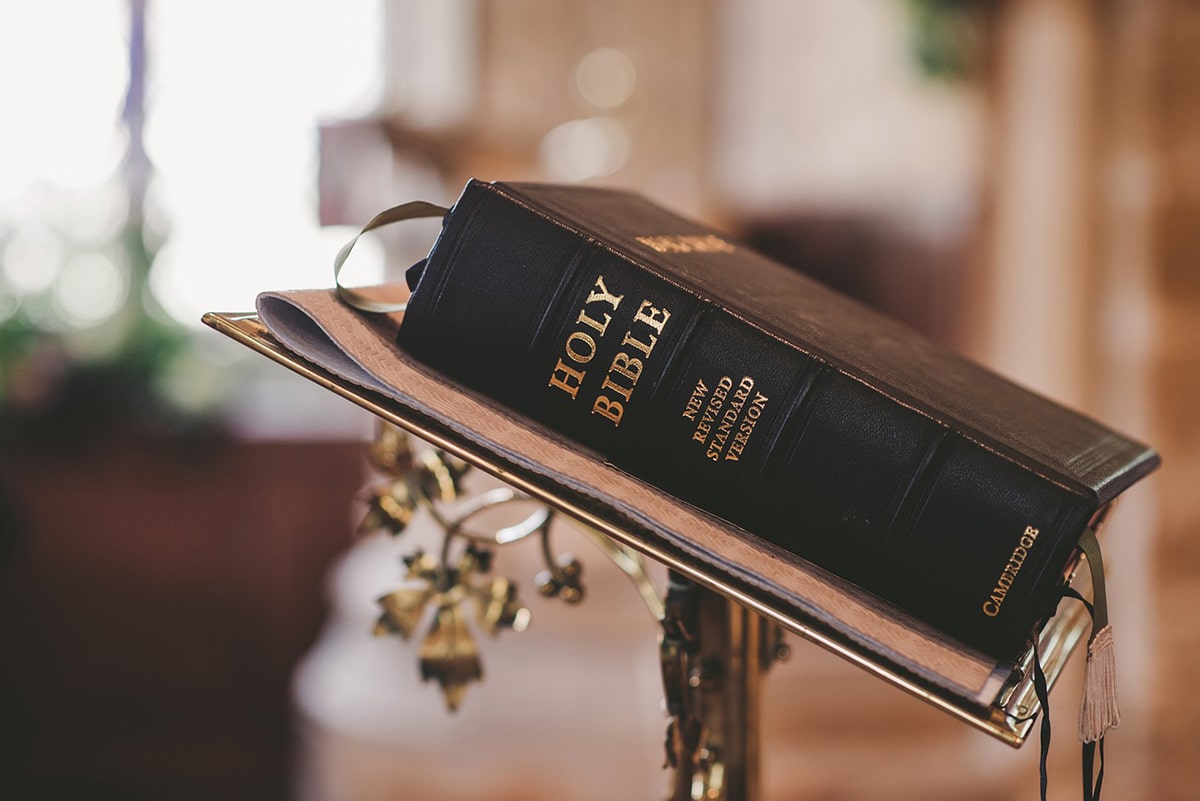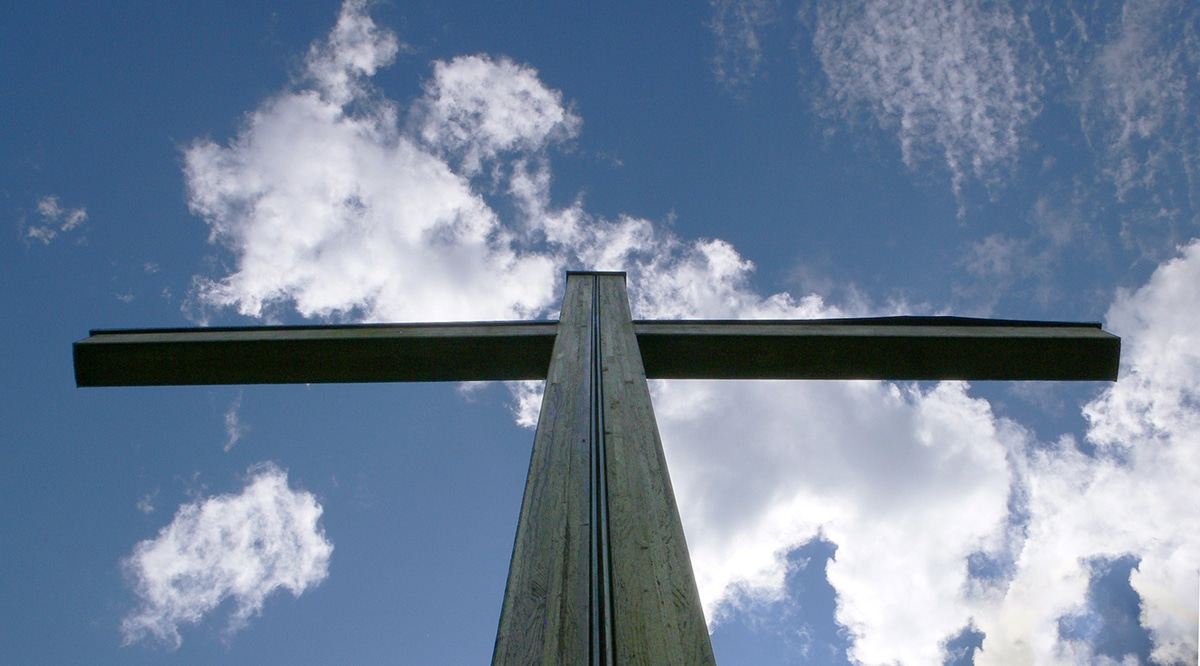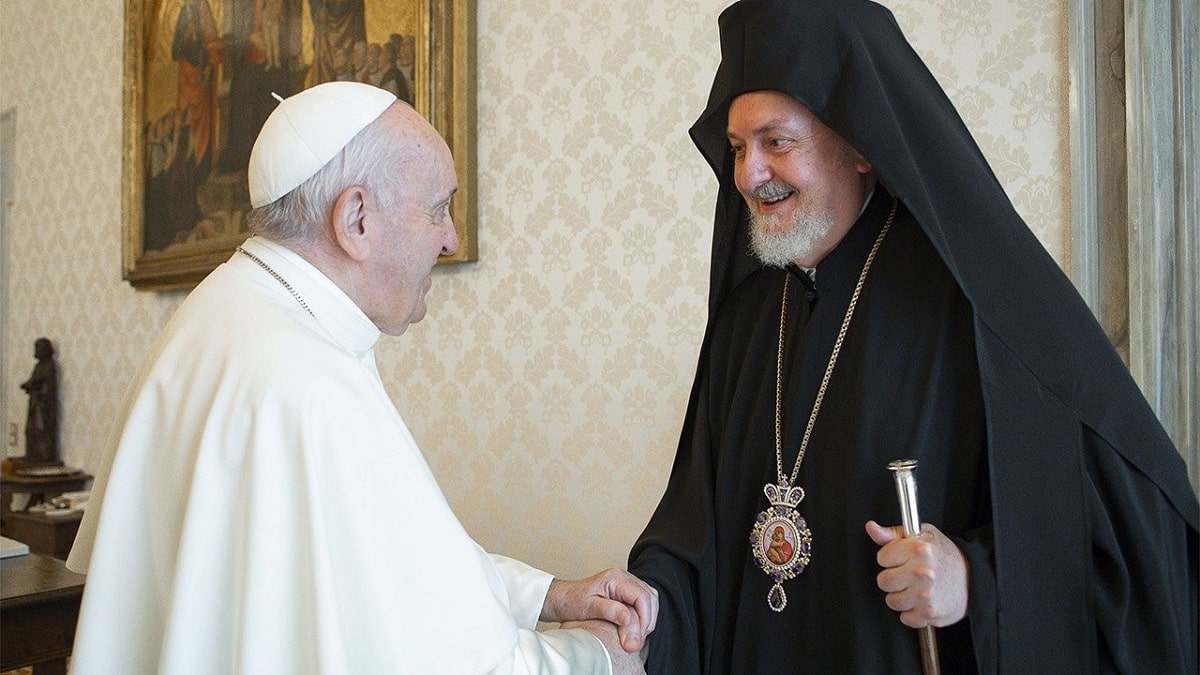
Did you know that within the Christian religion there are different branches? So thats it. Although they all share certain beliefs, they are different in their way of believing and practicing the faith. So that you can get an idea, we will talk in this article about different types of Christianity.
Apart from explaining what Christianity is, We will comment on the six Christian churches, which are basically the most notable types of Christianity today.
What is Christianity and its branches?

Before talking about the different types of Christianity, it is important to know what this concept is. It is a monotheistic religion based on the life and teachings of Jesus of Nazareth, who Christians believe to be the Son of God and the Messiah promised in the Jewish Bible. According to Christians, there is only one God, who is the Creator of the universe and who revealed himself to human beings through Jesus and the Bible. Christian believers follow the ethical and moral principles taught by Jesus and seek to live their lives in accordance with them.
Christianity is one of the most widely practiced religions in the world, with more than 2 billion followers across the planet. Christians are divided into many branches and denominations, each with their own beliefs and practices, but they all share a common faith in Jesus as the Son of God and in the Bible as a guide for life.
There are many branches and denominations within Christianity, each with their own beliefs, practices, and approaches to the faith. It is impossible to list all branches of christianity, as there are many churches and small groups that have their own unique beliefs and practices. However, some of the larger and well-known branches of Christianity include Catholicism, Protestantism, Orthodoxy, Evangelical Church, Pentecostal Christianity, Restorationist Christianity, etc. Next we will talk about the six most important types of Christianity.
What are the 6 Christian churches?

The "six Christian churches" refer to the six largest and most well-known branches of Christianity: Catholicism, Protestantism, Orthodoxy, Evangelical churches, Pentecostal Christianity, and Restorationist Christianity. These are just some of the larger branches of Christianity. There are many other denominations and groups within, but let's look at them in more detail.
The Catholicism
Catholicism is the largest branch of Christianity and it is based on the teachings of Jesus as presented in the Bible and in Church tradition. Catholics believe in the authority of the Church and the Pope and in the existence of the Trinity (Father, Son and Holy Spirit). This branch also includes the Eastern Rite, which is based on the same beliefs and teachings, but has some differences in liturgical and administrative matters.
In this kind of Christianity there is a hierarchical structure of authority in your church, with the Pope as its supreme leader and with bishops and priests in leadership positions at the regional and local levels. Catholics also have a number of sacraments, such as baptism, communion, and confession, which they consider to be means of divine grace and which are administered by authorized priests.

According to Catholics, the Church is the body of Christ on earth and is founded by Jesus. They also believe that the Pope is the successor to Saint Peter, whom Jesus named as the chief apostle and leader of the Church. Catholics have a great devotion to the Virgin Mary and to the Saints, and believe that they can intercede for them before God.
In terms of practice, Catholics participate in the Eucharist, in which the real presence of Jesus is celebrated in the bread and wine. Catholics they also participate in the confession, in which they confess their sins to a priest and receive God's forgiveness.
Protestantism
Protestantism is a branch of Christianity that developed from the Protestant Reformation of the XNUMXth century. Protestants reject the authority of the Catholic Church and emphasize the Bible as the only source of authority in matters of faith. Besides, have a more individualistic view of faith and they believe that each person should have the freedom to interpret the Bible for themselves and to seek a personal relationship with God.
There are many Protestant denominations, including the Lutheranism, Calvinism and Methodism. Each of these denominations has its own beliefs and practices, but they all share a common faith in Jesus as the Son of God and in the Bible as a guide for life. Some of the common beliefs among Protestants include the importance of personal faith and God's grace, the rejection of the authority of the Catholic Church, and the emphasis on the Bible as the only source of authority in matters of faith.
orthodoxy
Orthodoxy is a branch of Christianity that developed in the Byzantine Empire and that it is based on the teachings of Jesus as presented in the Bible and in the tradition of the Church. The followers of this branch believe in one God, who is the Creator of the universe and who revealed himself to human beings through Jesus and the Bible. The Orthodox also believe in the existence of the Trinity (Father, Son and Holy Spirit) and in the divinity of Jesus.

This type of Christianity has a hierarchical structure of authority in its church, with the Ecumenical Patriarch of Constantinople as its supreme leader and with bishops and priests in leadership positions at the regional and local levels. The Orthodox also have a number of sacraments, such as baptism, communion and confession, which they consider means of divine grace and which are administered by authorized priests.
Also, the Orthodox have a more liturgical approach to their faith and highly value tradition and continuity with the early Church. They have a great wealth in their liturgical and artistic tradition and They highly value prayer and meditation. They also have a great devotion to the saints and the Virgin Mary and highly value orthodox iconography and art. Notably, they can be divided into many national and regional churches, each with its own liturgy and traditions.
evangelical churches
Among the most important types of Christianity are also evangelical churches. These are a diverse group of Christian churches that emphasize the importance of evangelism and personal conversions. Followers of this branch often have a more conservative approach to matters of faith and practice and highly value the Bible as a guide for life. They generally have a more individualistic view of faith and they believe that each person should have the freedom to interpret the Bible for themselves and to seek a personal relationship with God, a bit like Protestants.
There are various evangelical denominations, including baptism by immersion, Pentecostal baptism, Independent Christianity, and Methodist Christianity. Each of these denominations has its own beliefs and practices, but they all share a common faith in Jesus as the Son of God and in the Bible as a guide to life.

Some of the common beliefs among evangelicals include the importance of personal faith and God's grace, the emphasis on evangelization and personal conversion, and the rejection of the authority of the Catholic Church. Many evangelical churches also emphasize the importance of community and service to others, and they often have a more informal approach to their liturgical services.
Pentecostal Christianity
Pentecostal Christianity is a branch of Christianity that It is characterized by its emphasis on the personal experience of the Holy Spirit and on the manifestation of the gifts of the Spirit, like speaking in tongues and curing diseases. Pentecostals believe that the Holy Spirit is a divine person and that he can intervene in people's lives in many ways.
Furthermore, they have a more individualistic view of faith and believe that each person should have the freedom to interpret the Bible for themselves and to seek a personal relationship with God. Pentecostals too they highly value prayer and meditation and they believe that the Holy Spirit can intervene in people's lives in many ways through prayer.
There are many Pentecostal denominations, including Pentecostal Baptism, Charismatic Christianity, and Neo-Pentecostalism. Each of these denominations has its own beliefs and practices, but they all share an emphasis on the experience of the Holy Spirit and the manifestation of his gifts.
Restorationist Christianity

Restorationist Christianity is a branch of Christianity that is characterized by its emphasis on restoring Christianity to its original form, as presented in the Bible. Restorationists reject the authority of mainline denominations and seek to establish independent churches that follow the Bible literally and build on early Church tradition.
There are several Restorationist denominations, including Restoration Christianity, Independent Restoration Christianity, and Twelve Apostles Restoration Christianity. Some of the common beliefs among restorationists include the importance of personal faith and God's grace, the emphasis on the literal interpretation of the Bible, and the rejection of the authority of the Catholic Church.
With all this information, you will surely know how to distinguish the most notable types of Christianity!